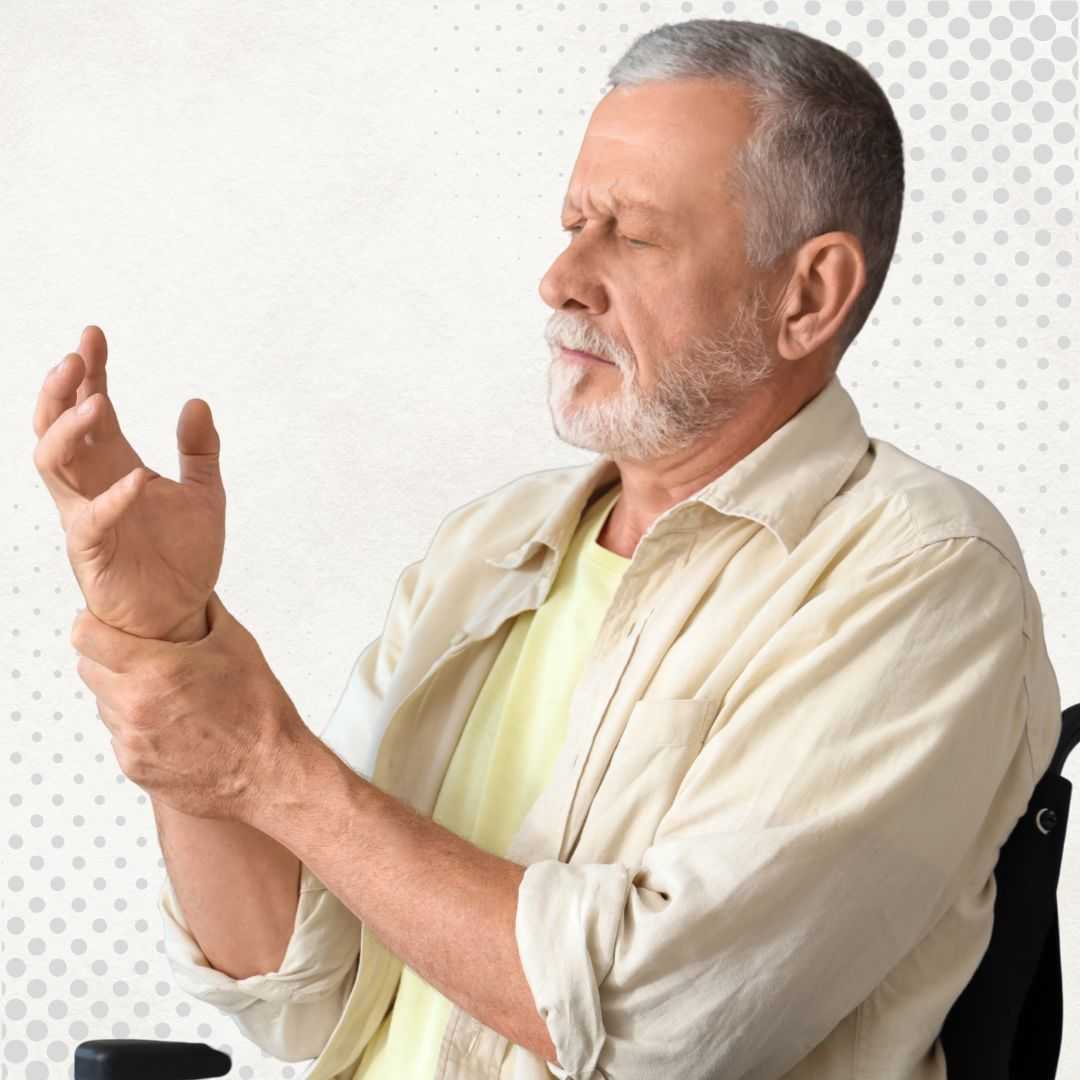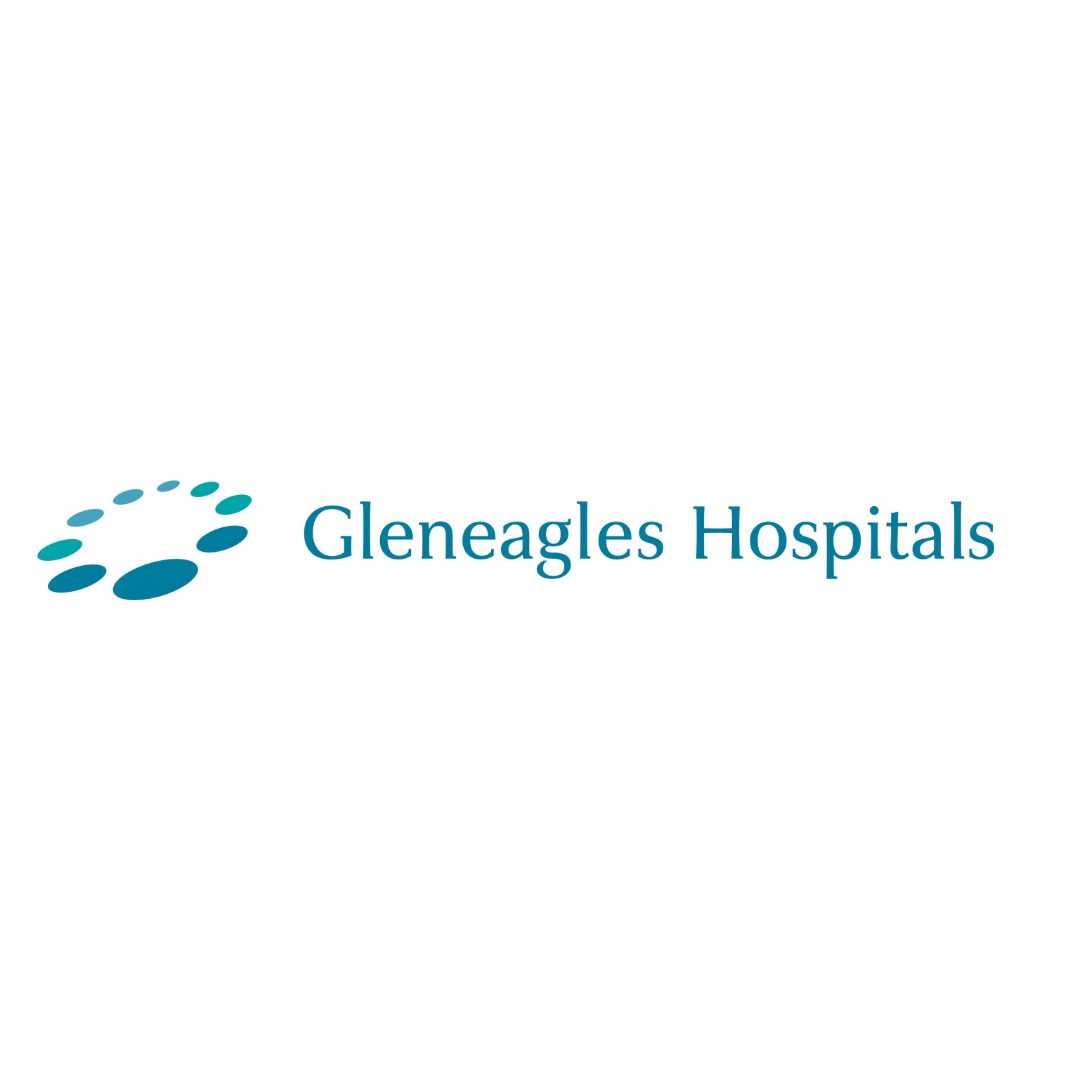AI in Medical Travel: Pramod Goel’s Perspective from PlacidWay Interview
For healthcare providers and patients alike, the Medical Tourism journey can be fraught with challenges. Patients often struggle to find trustworthy clinics, verify doctor credentials, and navigate unfamiliar healthcare systems, while providers face the challenge of standing out in a crowded global market and communicating their expertise clearly to a diverse audience. Miscommunication, lack of transparency, and fragmented processes can make the experience stressful and inefficient for everyone involved.
Here is the exclusive interview with Pramod Goel, CEO of PlacidWay Medical Tourism, where he discusses how Artificial Intelligence is bridging the gap between providers and patients. From the patient’s perspective, AI delivers hyper-personalized guidance, seamless telemedicine coordination, and transparent information, creating a smoother, more confident decision-making process. From the provider’s perspective, AI enables structured data management, credible online presence, and intelligent patient engagement, allowing clinics to demonstrate trustworthiness, showcase expertise, and deliver a truly patient-centric experience on a global scale.
Read More: The AI Revolution in Medical Tourism: A Conversation with Pramod Goel, CEO of PlacidWay.
Interview with Pramod Goel: AI Transforming Medical Tourism
Evelyn Hayes: Mr. Goel, thank you for joining us today. The medical tourism industry has always been a complex landscape, balancing patient needs with global healthcare options. How do you see Artificial Intelligence as a pivotal force changing this dynamic?
Pramod Goel: Thank you for having me. I see AI not just as a tool, but as the architect of the next generation of medical tourism. It's moving us from a transaction-based model to a truly patient-centric, relationship-based model. We're shifting from being a directory of hospitals to being a trusted, intelligent guide for patients on a deeply personal journey.
Evelyn Hayes: Let’s start with the fundamental shift. For years, medical tourism marketing was often based on a lot of "we are the best" or "world-class doctors." How is AI forcing a change from this kind of generic messaging to something more trustable and data-driven? Can you give an example?
Pramod Goel: The old marketing was based on assertion, not evidence. An AI system doesn't care about your marketing slogan. It cares about structured data. For example, instead of a hospital claiming "our surgeons are the best," an AI-driven system can surface data like, "Dr. Lee at Seoul National University Hospital has performed over 1,500 successful robotic-assisted knee replacements, with a 98% patient satisfaction rate based on verified reviews." This level of detail is what builds trust. It's verifiable, quantifiable, and far more persuasive than any generic claim.
Evelyn Hayes: Hyper-personalization is a huge buzzword in many industries. How is AI enabling a new, more humane and personalized patient journey in medical tourism? For a patient from, say, UK, seeking a dental implant in Turkey, what does this hyper-personalization look like at a practical level?
Pramod Goel: Hyper-personalization is about treating the patient as an individual with unique needs. For a patient from UK, it’s not just about finding a dental clinic in Turkey. An AI-powered system would understand their language preference, cultural nuances, and potential flight routes. It would show them clinics with English-speaking staff, showcase reviews from other English patients, and even suggest local accommodations that cater to their preferences. The system could then help them schedule a virtual consultation with a dentist who has a proven track record with similar cases, all tailored to their specific budget and timeline. It makes the entire process feel curated and secure, not generic and overwhelming.
Evelyn Hayes: It's not just about a single website visit anymore. Patients are on social media, using messaging apps, and consulting with different AI agents. How are you leveraging AI to create a multi-channel, measurable interaction that provides a consistent and seamless experience for the patient?
Pramod Goel: The modern patient journey is omnichannel. We use AI to ensure a consistent experience across all these touchpoints. An AI-powered chatbot on our website can answer initial questions. If the patient then moves to WhatsApp, a different AI agent can recognize them and continue the conversation, perhaps asking for more details to refine their search. All this data is fed into a central system. We can measure not just click-through rates, but engagement time, the types of questions asked, and the patient's emotional sentiment. This allows us to predict their needs and provide proactive, human-like assistance exactly when and where they need it.
Evelyn Hayes: The competitive landscape is changing. Previously, it might have been about who had the best-looking website or the highest SEO ranking. With AI, how are medical centers changing their approach to stand out and attract the "AI-driven" patient?
Pramod Goel: They're realizing that they're no longer marketing to just humans—they're marketing to AI. The best website is now the one with the most structured, detailed, and verifiable information. They're investing in data. This means providing detailed surgeon bios, listing specific accreditations, publishing transparent pricing ranges, and collecting a higher volume of authentic, detailed patient reviews. Their goal is not just to look good, but to be the definitive source of truth that an AI can trust and recommend.
Evelyn Hayes: You've talked about going "beyond SEO." What does "Search Everywhere" mean in the context of an AI-powered world? How do you make sure a clinic's valuable information isn't just on their website but is also structured and available for an AI agent to find and verify?
Pramod Goel: SEO was about ranking on Google's first page. "Search Everywhere" is about being discoverable and verifiable by any AI, on any platform. This means publishing structured data using formats like Schema.org. It means participating in platforms and directories that are trusted sources for AI. An AI might not even show a patient your website. It might simply pull your clinic's data—like a surgeon's specialty or procedure success rate—and present it directly to the user in a chatbot conversation. You have to be where the AI is, and you have to speak its language.
Evelyn Hayes: The intent of the consumer is key. Instead of a general search like "knee surgery abroad," a user's prompt might be, "I am a 52-year-old with knee osteoarthritis, BMI 29, seeking a partial knee replacement in Mexico for under $8,000, with a surgeon who has done over 500 surgeries and a virtual consultation this week." How is AI helping you match this specific intent?
Pramod Goel: This is where AI truly excels. A traditional search engine would struggle with that query. An AI can parse every single parameter: age, condition, BMI, specific procedure, location, budget, surgeon experience, and timeline. It then cross-references this against a vast database of clinical data to find the one or two providers that perfectly match the patient's intent. This not only saves the patient an immense amount of time but also provides them with highly relevant and trustworthy options, bypassing the noise of irrelevant search results.
Evelyn Hayes: A major barrier in medical tourism is a lack of trust. Telemedicine has been around, but how is AI-powered telemedicine coordination becoming a critical part of the new patient journey to build trust long before a patient even boards a flight?
Pramod Goel: Telemedicine is no longer just about a video call; it's the foundation of trust. An AI system can schedule and manage the entire telemedicine coordination process seamlessly. Before the call, it can gather all of the patient's medical records and translate them for the doctor. During the call, an AI can provide real-time translation and a live transcription. Post-call, it can summarize the doctor's recommendations and a treatment plan, all in the patient's native language. This removes language barriers and coordination friction, allowing the patient to build a genuine, trusting relationship with their doctor before they ever travel.
Evelyn Hayes: Let's take a patient's journey from start to finish. A patient, let's call her Sarah, is in Canada and needs fertility treatment. How would an AI-driven journey, as you envision it, guide Sarah from her initial search to post-treatment follow-up, and what touchpoints would be different from the traditional approach?
Pramod Goel: In a traditional journey, Sarah would spend weeks searching, emailing different clinics, and waiting for replies. In an AI-driven journey, it’s instant and guided. Sarah would start with an AI chatbot, sharing her specific situation. The AI would then present her with a curated list of top-tier fertility clinics in different countries, complete with success rates, pricing estimates, and patient reviews from other Canadian women. It would help her book a video consultation with a specific doctor and manage all the paperwork. Post-treatment, an AI system would schedule follow-up check-ins and send her personalized reminders for her medication, all while a human care coordinator handles the emotional and complex parts of her journey.
Evelyn Hayes: AI can analyze vast amounts of data. How is PlacidWay using AI to analyze patient feedback, outcomes, and reviews to not just improve a hospital's reputation but to also provide more accurate and honest information to future patients?
Pramod Goel: We're moving beyond simple star ratings. We use AI to perform sentiment analysis on thousands of patient reviews to identify patterns. For example, we might find that while a hospital has an overall good rating, many patients complain about long wait times for a specific procedure. We can then present this nuanced information to future patients and, crucially, provide this actionable feedback directly to the hospital. This continuous feedback loop helps hospitals improve their services, which in turn leads to better patient outcomes and more authentic trust for everyone.
Evelyn Hayes: There's a lot of concern about "AI hallucinations" or misinformation. How do you ensure the information provided by your AI systems is medically accurate, ethically sound, and doesn't mislead patients, especially when their health is on the line?
Pramod Goel: This is the most critical question. Our rule is that our AI is a data retrieval and personalization engine, not a medical diagnostician. The information it provides is always sourced from verified, expert-vetted databases and is cross-referenced with multiple sources. We never allow the AI to give medical advice. Its role is to connect the patient to verified information and to the human experts—the doctors—who can provide that advice. Human oversight is mandatory. Every treatment plan summary is reviewed by a human medical professional.
Evelyn Hayes: From a provider's perspective, what are the biggest challenges in adapting to this new AI-driven landscape? Is it a technical challenge, a cultural shift, or a mix of both?
Pramod Goel: It's a mix. The biggest challenge is cultural. It requires a fundamental shift from a "marketing-and-sales" mindset to a "data-and-transparency" mindset. Providers have to be willing to publish detailed, and sometimes imperfect, data. The technical challenge is secondary; the tools are available. The real hurdle is getting everyone—from administrators to doctors—to embrace this new level of transparency and trust.
Evelyn Hayes: Looking ahead, what do you see as the next frontier for AI in medical tourism? Are we talking about AI-powered post-operative care, or perhaps integrating AI with wearables for real-time health monitoring?
Pramod Goel:All of the above. The next frontier is the full integration of AI throughout the entire patient lifecycle. We'll see AI-powered post-operative care with virtual assistants checking in on patients, answering common questions, and monitoring recovery. We'll see AI interpreting data from patient wearables to identify potential complications early. We'll also see AI playing a bigger role in medical visa processes and logistics, making the journey even more seamless.
Evelyn Hayes: For a small clinic or a new medical tourism provider, how can they begin to leverage AI without a massive budget? What are the first few steps they should take to become "AI-agent-ready?"
Pramod Goel: Start with the data. The first step is to clean and structure their information. Create detailed profiles for every doctor, outlining their credentials, experience, and patient outcomes. Make sure their pricing is transparent and clearly stated. Then, leverage platforms like PlacidWay that are already built for this. You don't need to build your own AI. You need to make your data discoverable and trustworthy for the AIs that are already out there.
Evelyn Hayes: Finally, Mr. Goel, if you had to summarize the most significant change AI is bringing to medical tourism in a single sentence, what would it be?
Pramod Goel: AI is transforming medical tourism from a leap of faith into a journey of trust, guided by data and human empathy.
How AI Bridges the Gap Between Patients and Providers
Pramod Goel, CEO of PlacidWay Medical Tourism, explains how Artificial Intelligence is transforming medical tourism. AI offers patients hyper-personalized guidance, smooth telemedicine coordination, and easy access to verified information. This helps patients make confident, well-informed decisions, reducing anxiety and uncertainty along the journey.
Why AI is Revolutionizing Medical Tourism
- Finding trustworthy clinics can be overwhelming for patients.
- Verifying doctor credentials and experience is often complex.
- Navigating healthcare systems in another country can be confusing.
- Providers must stand out in a competitive, global marketplace.
- Miscommunication and fragmented processes create stress for both patients and providers.
- Lack of transparency hinders informed decision-making.
- Traditional methods struggle to provide a seamless, efficient experience.
Pramod Goel on the Future of AI in Medical Tourism
This interview with Pramod Goel, CEO of PlacidWay Medical Tourism, offers a compelling glimpse into the future of AI-driven medical tourism. By combining data, technology, and human empathy, the industry is evolving into a landscape where patients can make informed, confident decisions about their healthcare abroad. The insights shared here serve as a roadmap for clinics, providers, and patients alike, showing how embracing AI can lead to a more transparent, humane, and efficient medical tourism experience.
AI Interview with Pramod Goel, PlacidWay CEO
Keywords: AI in Medical Tourism, Pramod Goel, PlacidWay, AI patient journey, telemedicine, medical tourism interview, AI healthcare, hyper-personalized travel







.png)



Share this listing